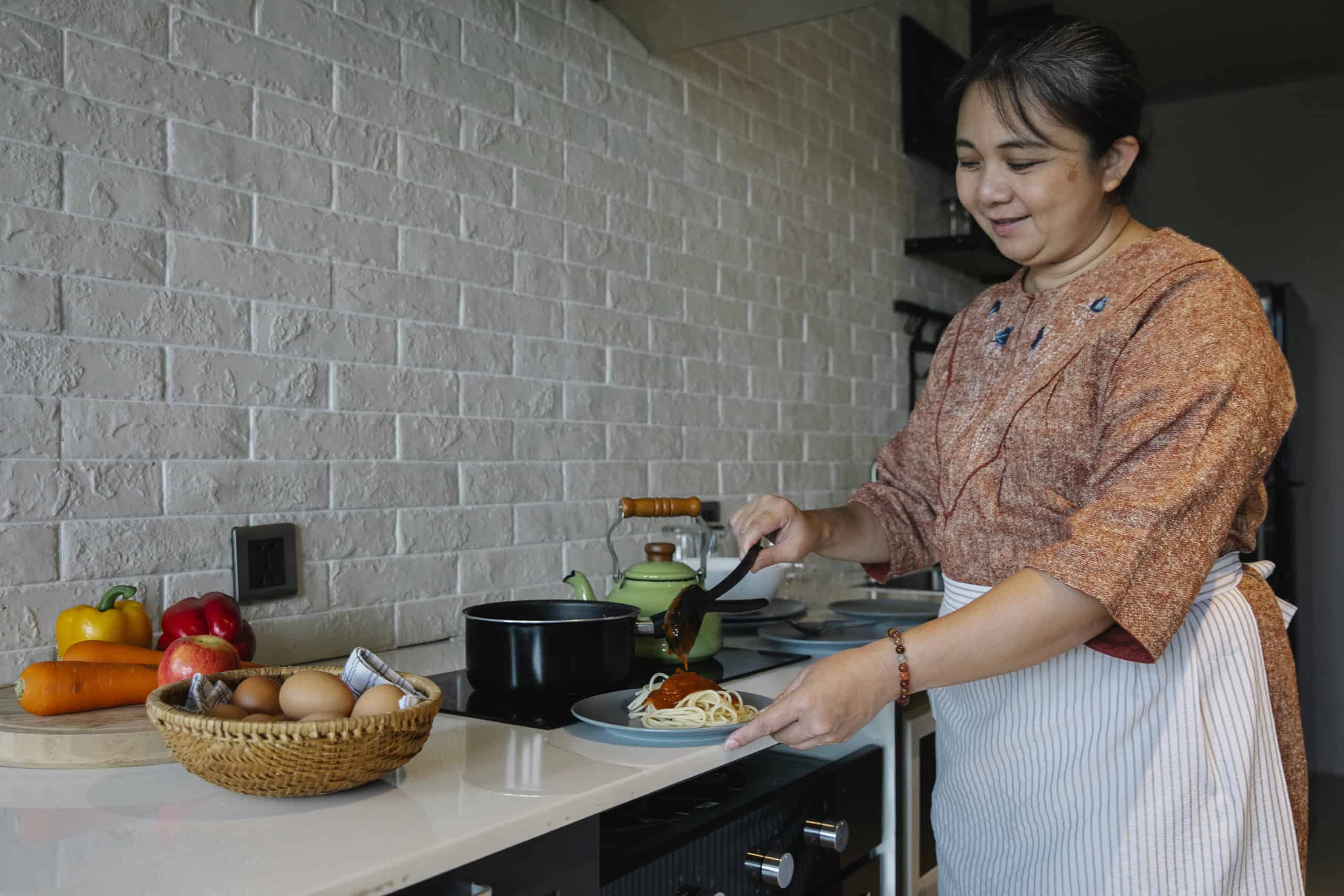Learn What Causes Burns, How To Reduce The Risk Of Burns For Your Senior Loved One, And How To Treat Burns
Burns are a common form of home accidents. However, you can take steps to reduce the risk of a burn for your senior loved one. Learn the facts about burns from Pegasus senior care experts in Monrovia and elsewhere.
A burn is skin damage that is severe enough to kill skin cells. Burns are described as:
- First-degree – the skin is red but not blistered
- Second-degree – the skin is moderately thickened, and blisters are present
- Third-degree – the skin is very thickened and has a dry white appearance
- Fourth-degree – the burn is so deep that tendons and bones are damaged in addition to the skin
The severity depends on how hot the cause was and how long it stayed in contact with the skin.
Any burn that damages more than three inches of skin requires medical care. Burns on the face or a joint also need medical attention. Second-degree burns may or may not need medical care; third- and fourth-degree burns always do.
Causes Of Burns
Most burns are caused by:
- Cooking
- Fire
- Hot water
- Household chemicals
- Spilling hot food or drinks
- Steam
Cooking is a primary source of burns in seniors. They may be burned from steam, by grease splatters, from touching hot surfaces, or spills. They may neglect to turn off a burner or set their clothing on fire.
Very hot (156 degrees F) water can cause a third-degree burn in one second. Tap water is often hot enough to cause scalding, a second-degree burn. Dementia and some other medical conditions decrease an individual’s ability to accurately judge the water temperature.
Risk Factors For Burns In The Elderly
As individuals age, their skin becomes thinner. Thin skin can burn faster and at lower temperatures than thicker skin. An elderly person can be burned before they have time to move their hand.
Some individuals lose their balance in the bathtub or shower and fall. Others may have medical conditions, such as cardiovascular disease, that cause them to faint. A fall or other mobility loss can trap them in hot water long enough to cause a burn.
Seniors are at risk for accidental burns for many other reasons. Alcoholism and smoking put them at risk. Decreases in their vision, hearing, and sense of smell keep them from recognizing the potential of a burn.
Psychotropic drugs prescribed for conditions like depression and anxiety can affect perception. Some medications can make an individual sleepy or dizzy. Individuals can fall asleep while in a hot tub or fall in a hot shower.
How To Reduce The Risk Of A Burn
The safeguards you implement will depend on the mental and physical capabilities of your loved one. For example, you may need to be present when it’s time to shower or bathe.
You will need to determine the level of supervision required for safety. Your loved one may just need occasional reminders to be careful. Or you may have to keep a close watch on them.
The following tips are applicable whether your senior loved one lives with you or in their own home:
- Reduce hot water burns by setting the temperature on the water heater to 120 degrees F. Test the temperature with a thermometer. Prevent “hot water spikes” by not allowing others to flush the toilet while someone is bathing or showering.
- Purchase a humidifier that emits a cool mist rather than hot steam.
- Use lids that vent steam from hot foods when cooking. Avoid removing covers until all the steam is vented.
- Pot handles need to be turned to the side. Place oven mitts and potholders where they can be easily reached for handling hot pots or pans.
- Ensure that your loved one doesn’t wear loose-fitting clothing near the cookstove.
- Place candles in tip-proof holders. Place them a safe distance from anything flammable, and don’t leave them burning unattended.
- Keep space heaters away from beds, curtains, or anything else that’s flammable. Buy ones that shut off automatically if tipped over.
- Use heating pads and electric blankets with timers that turn them off. Avoid placing them against the skin.
- Store household cleaning products and chemicals in locked cabinets if necessary.
- Install smoke alarms in every room
- Keep fire extinguishers near cookstoves, fireplaces, and anywhere else where there is the danger of fire.
Conducting regular inspections of the home environment can help reduce the risk of burns.
How To Treat A Burn
Applying ice water, ice packs, butter, or other products will only make a burn worse. Rinse in cool water or apply a cool compress. Do not pop blisters.
Remove any jewelry from areas that might swell. Cover the burned area with a cooling or antibiotic lotion and a sterile bandage. Use an OTC pain relief product if needed.
Pegasus is a licensed Home Care Organization and a Joint Commission Accredited Home Health Care organization. Our senior care services in Monrovia and our other locations are customized to meet individual needs. We are dedicated to helping you or your loved one live safely at home.

